Tag: Relationships
Wisdom for Teams #45

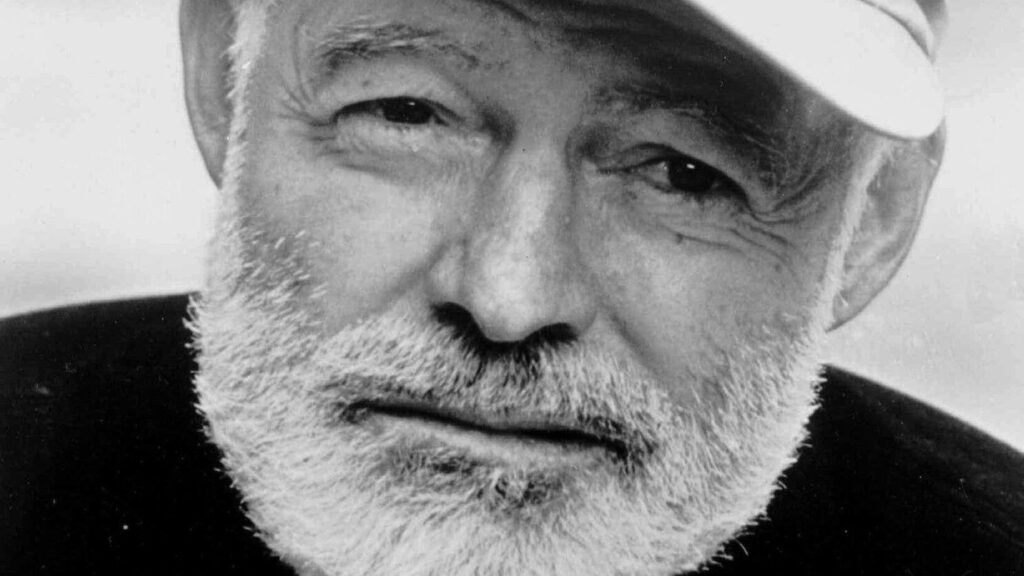
—
The best way to find out if you can trust somebody is to trust them.
—
ERNEST HEMINGWAY (1899 – 1961), American novelist, short-story writer, and journalist.
Wisdom for Teams #42
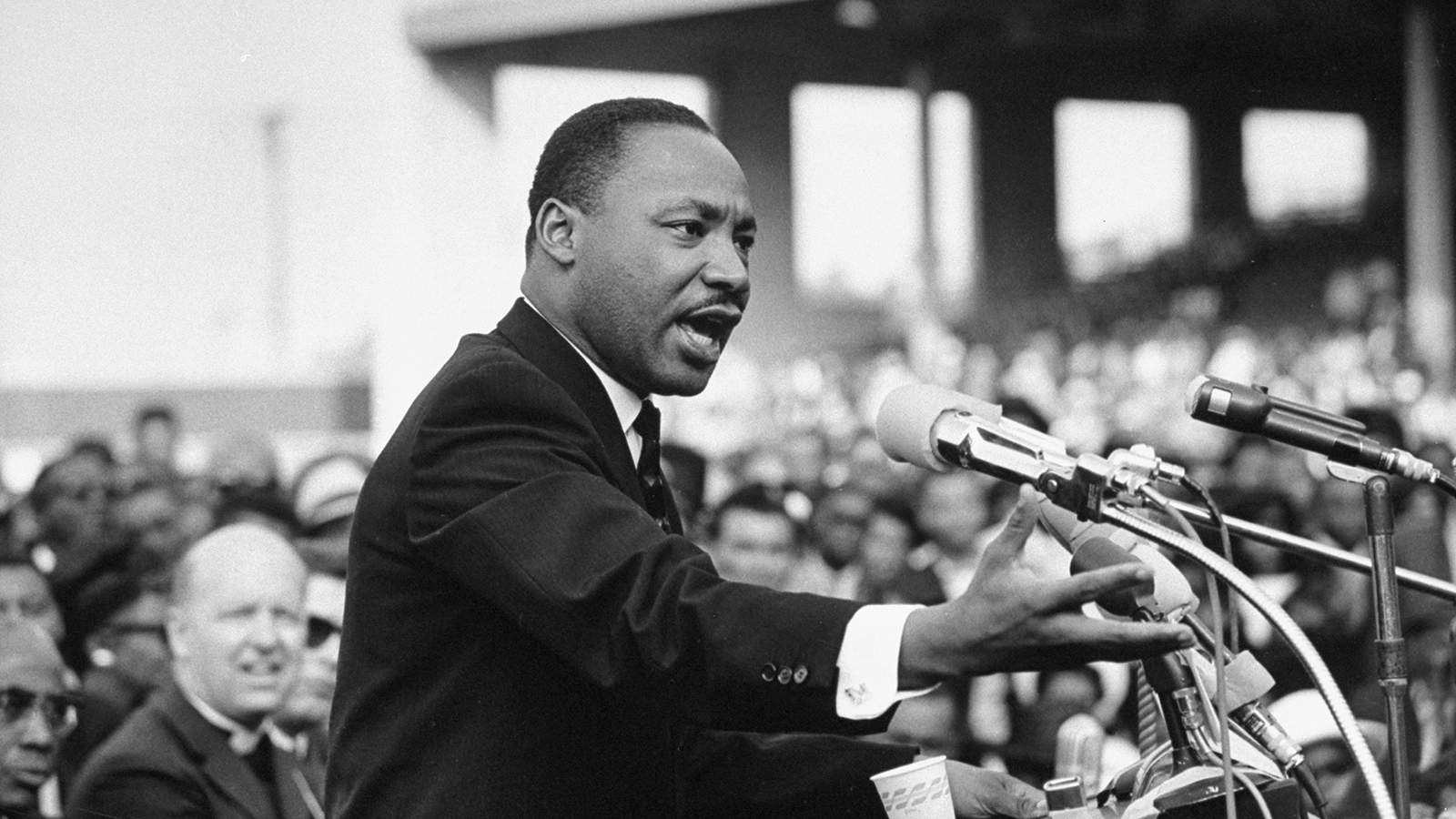
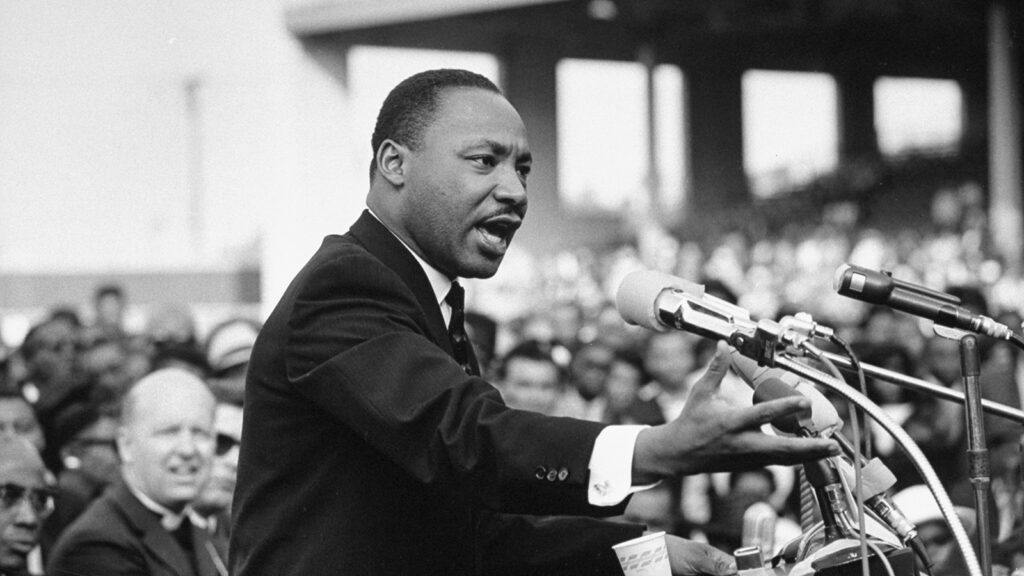
Photo by Julian Wasser//Time Life Pictures/Getty Images
—
Where the battle rages, there the loyalty of the soldier is proved.
—
MARTIN LUTHER KING JR. (1929-1968), American Baptist minister and activist who became the most visible spokesman and leader in the civil rights movement from 1955 until his assassination in 1968.
Wisdom for Teams #41
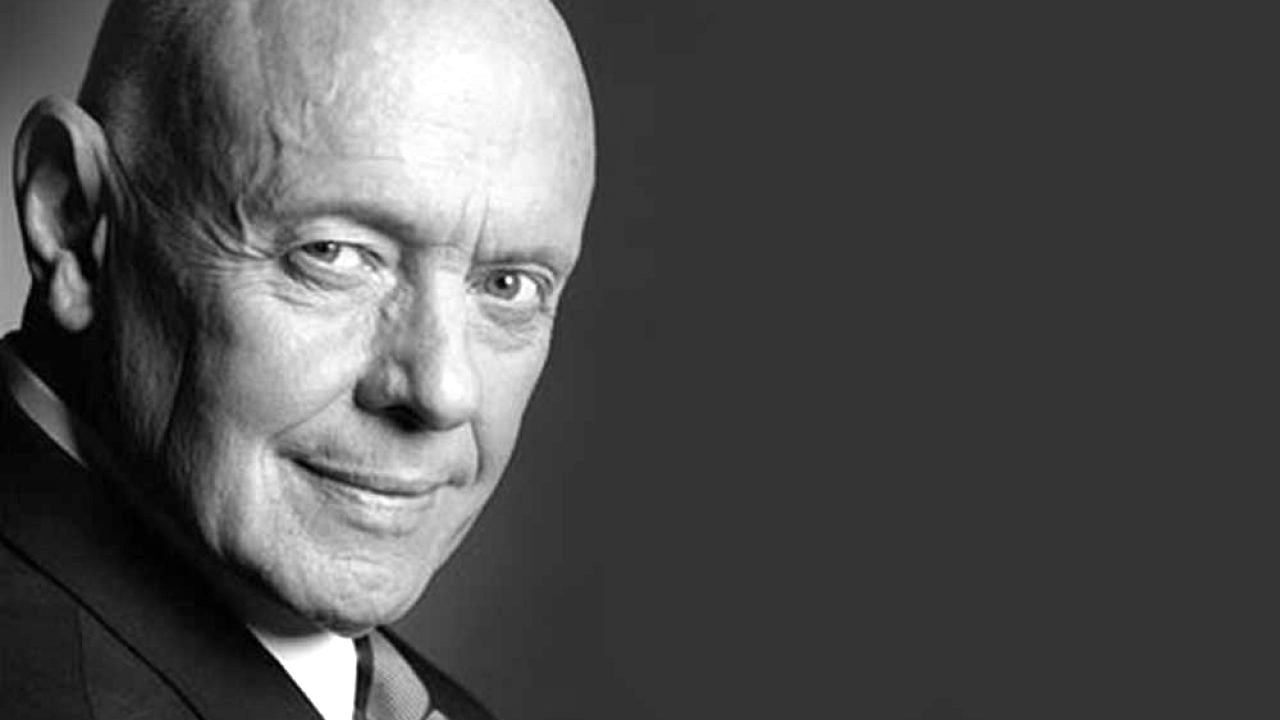

—
Nothing is more exciting and bonding in relationships than creating together.
STEPHEN COVEY (1932-2012), author of The Seven Habits of Highly Effective People
Wisdom for Teams #40
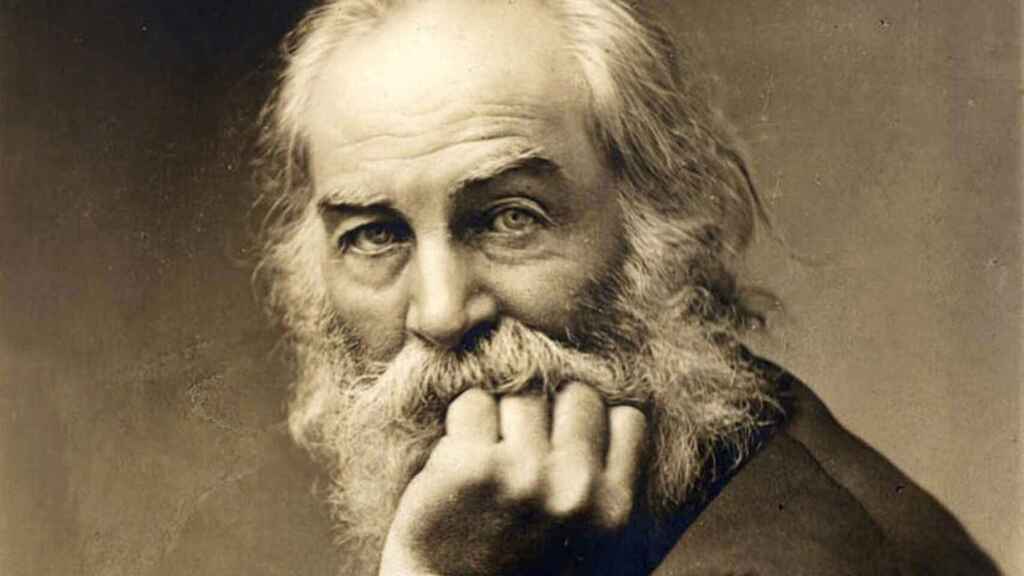

—
I do not ask the wounded person how he feels, I myself become the wounded person.
—
WALTER WHITMAN (1819 – 1892), American poet, essayist and journalist; among the most influential poets in the American canon, and often called the father of free verse.
Wisdom for Teams #39
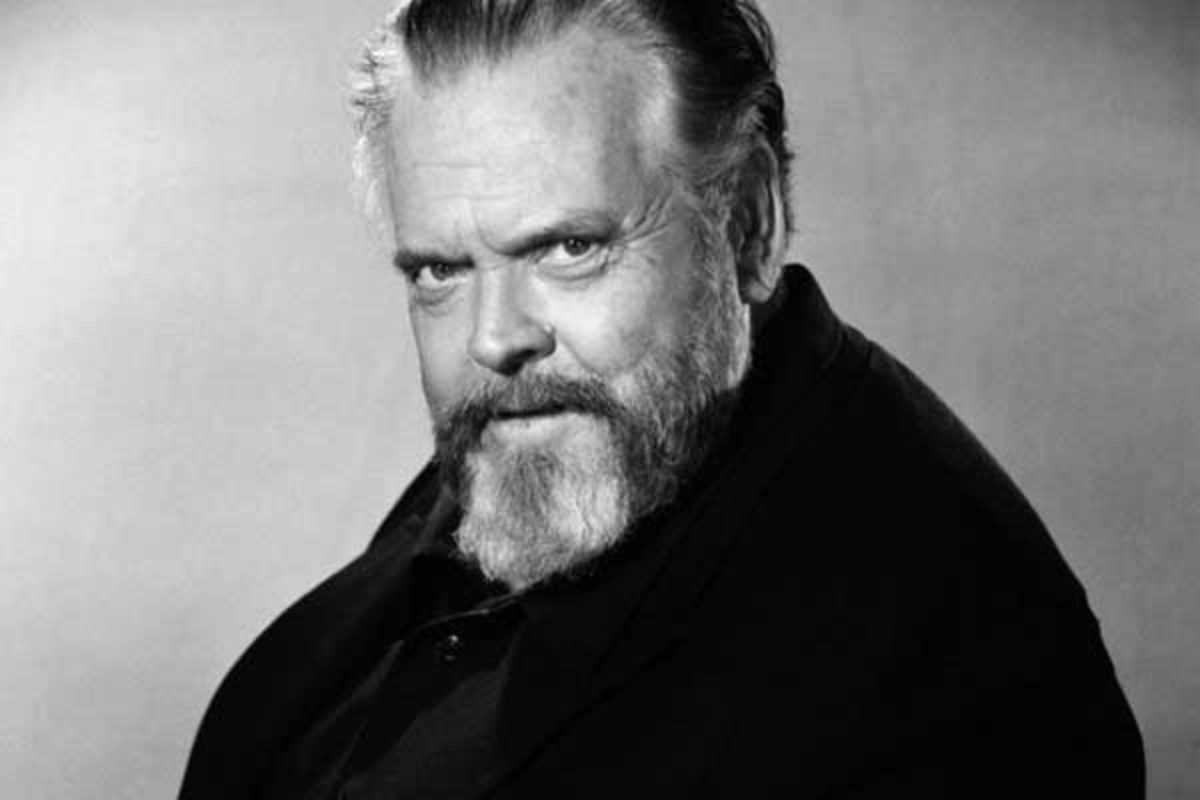
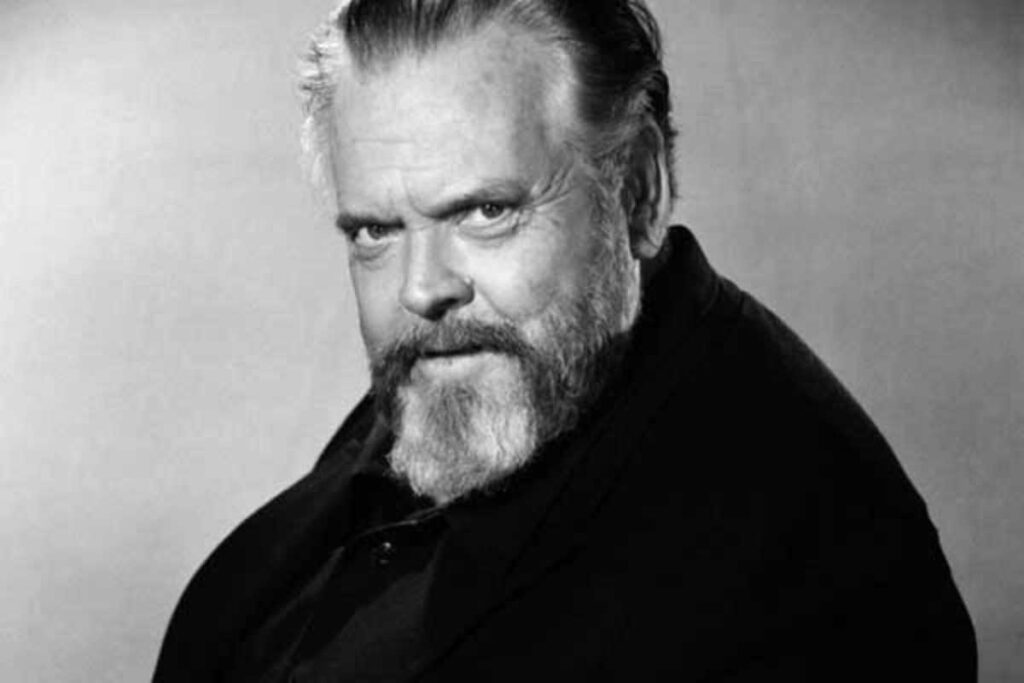
—
Everything about me is a contradiction, and so is everything about everybody else. We are made out of oppositions; we live between two poles. There’s a philistine and an aesthete in all of us, and a murderer and a saint. You don’t reconcile the poles. You just recognize them.
—
ORSON WELLES (1915 – 1985) director, actor, screenwriter, and producer; remembered for his innovative work in radio, theatre and film, and considered to be among the greatest and most influential filmmakers of all time.
Wisdom for Teams #36
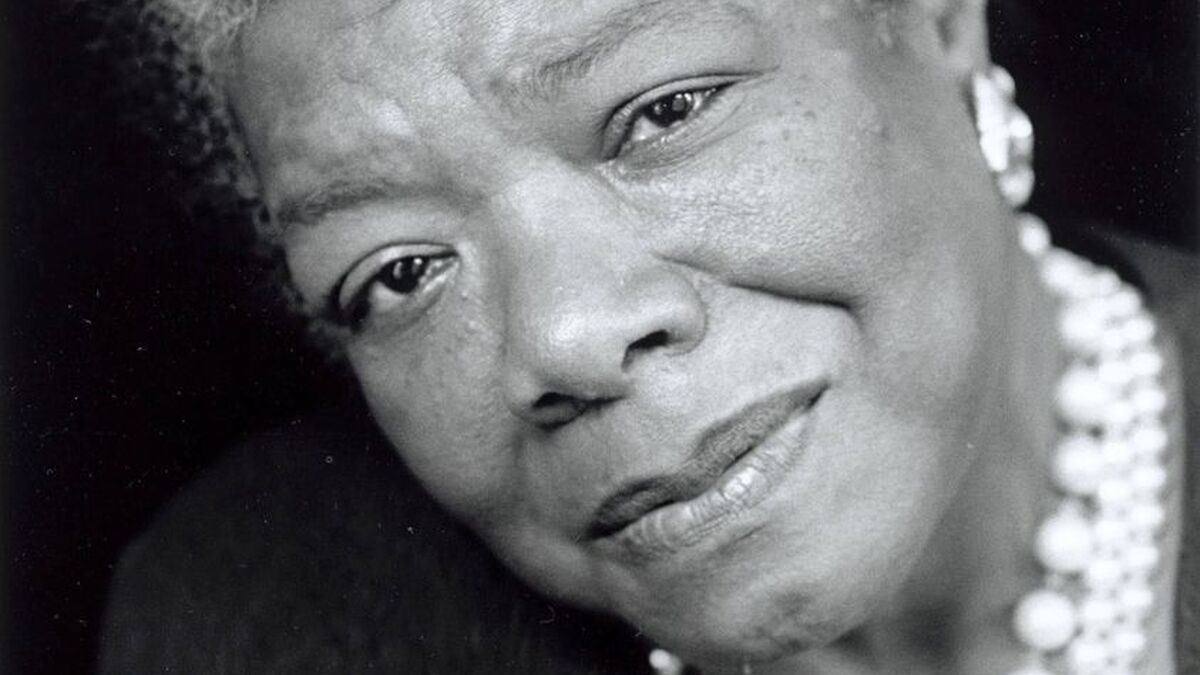
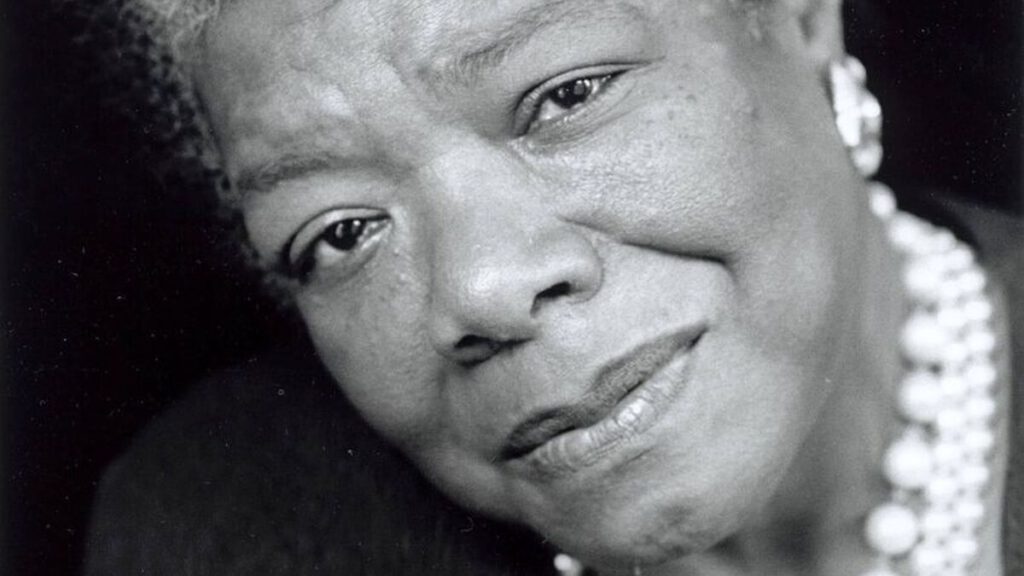
—
I can be changed by what happens to me. But I refuse to be reduced by it.
—
MAYA ANGELOU (1928 – 2014), American poet, memoirist, and civil rights activist.
Wisdom for Teams #35

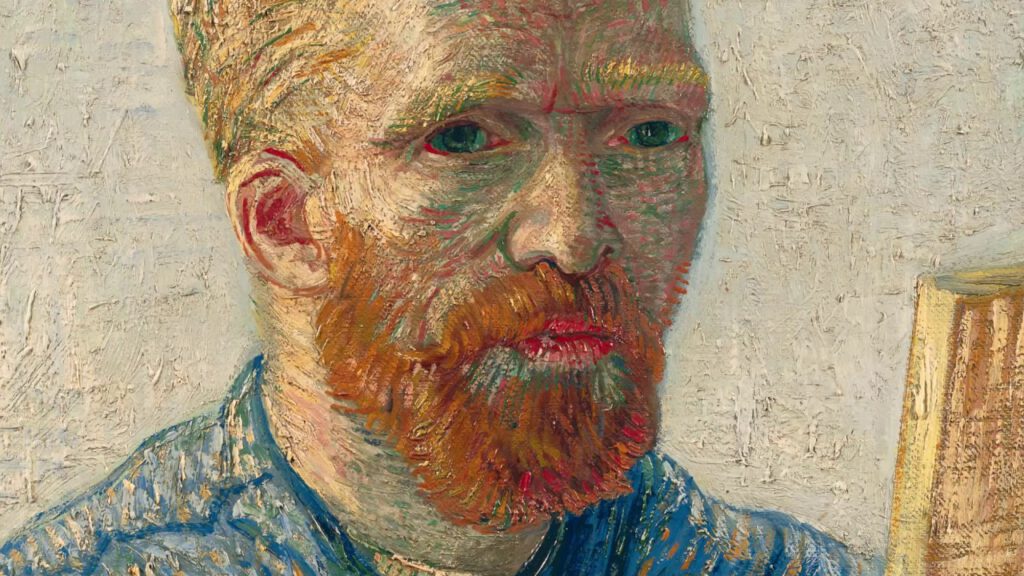
—
There is nothing more truly artistic than to love people.
—
VINCENT WILLEM VAN GOGH (1853 – 1890), Dutch Post-Impressionist painter, one of the most famous and influential figures in Western art history.
What if Hate Was Not an Option?


—
Have you ever found yourself at work or in your personal life stuck with someone you just can’t come around to liking, and whose behavior you find impossible to approve? In these situations, it is not hard to feel some sort of hatred. But what would happen if hate were not an option?
Please set aside your spiritual beliefs for a moment. I’m going to draw an analogy from Christian tradition that might help us deal with these situations. Bear with me. According to tradition, god can only love. Hate is not an option. Now, given all the evil humans are capable of, it must be hard to always love and never hate.
So how does god manage it? Well, the tradition makes a few distinctions. It says that you can disapprove of a situation without hating the person. It says you can be hard on the behavior and soft with the person. It says we can dislike someone and still wish the best for them.
The tradition states that we have a choice. That we can choose to accept that even when we dislike someone, other people do like them. That we can choose to condemn the behavior but not the person. That we can love even when we don’t like.
This may seem a too big of an ask, one that only the gods are capable of. But it is not so. As a priest and throughout the years I’ve seen it happen, even in very extreme situations, situations of betrayal, of sexual abuse, and even of homicide. Perhaps we are not too far from the heavens when we recognize that hate is really not an option.
Wisdom for Teams #34


—
Turn your wounds into wisdom.
—
OPRAH WINFREY (1954), American talk show host, television producer, actress, author, and philanthropist.
What They Did to Cinderella and, How It Helps


—
When my daughter, Irene, and I watch a movie on Sunday afternoons, she often says: “I know what’s going to happen, daddy.” What she means is the couch will be more persuasive than the screen, and I’ll fall asleep. This spell was broken when we watched the new Cinderella movie. I couldn’t sleep, and the movie even stole a few of my tears.
So what did they do? Back to this in a moment. First, let me say there’s an important lesson here. Second, no need for a spoiler alert, because I’m not going to tell you what happens. Third, you already know the story, right? And it’s not like they’re going to change the story. Otherwise it would no longer be the story of Cinderella!
So what did they do? Back to this in a moment. Notice that for it to continue being the story of Cinderella, the plot has to be the same, that is, her fight for freedom and a better life. Also, the characters have to be the same: stepmother, stepsisters, prince, fairy godmother, and so forth.
So what did they do? A better question is: What COULD they do? When we’re stuck in a story in life, with the same old plot and with the same darn characters, what CAN we do? What they could do — and did brilliantly — was change the CHARACTERIZATION.
The plot then takes on an entirely different flare, and maybe, just maybe, we get a different ending.
—
When you can’t change the plot, when you can’t change the characters, change the CHARACTERIZATION.
—
P.S. If you’re wondering if we can change, recall the words of Viktor Frankl, neurologist and Holocaust survivor: “When we are no longer able to change a situation, we are challenged to change ourselves.”

